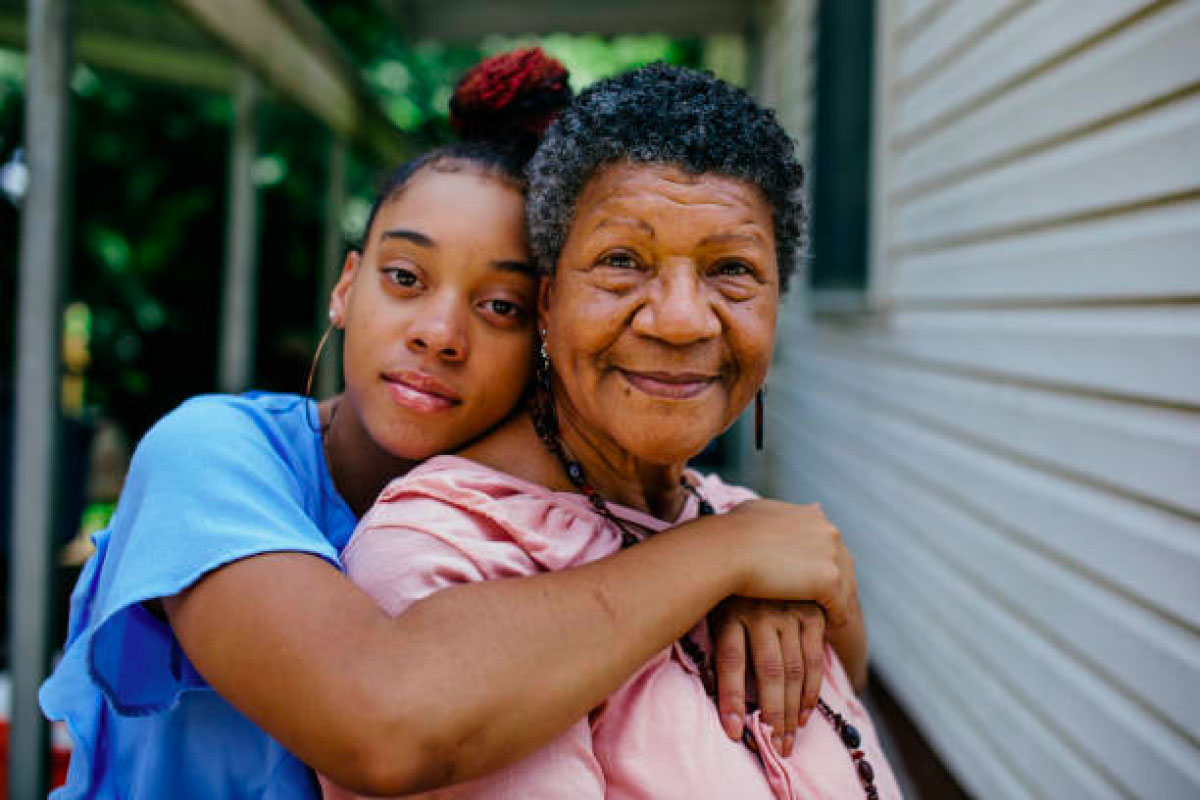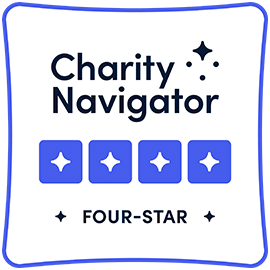Clinic Resiliency
ISSUE AREA:
Clinic Resiliency
Many vulnerable populations rely solely on clinics for their healthcare access, and clinic resiliency is core in maintaining their operations.
Clinic resiliency is the key to maintaining healthcare access for vulnerable populations across the country.
Healthcare clinics, federally qualified health centers, primary care offices, and other community-rooted points of care are lifelines for millions of Americans. These primary care centers can be the only care opportunities for individuals living on low incomes, individuals living in medical care deserts, undocumented individuals, individuals in rural regions, and more. In fact, according to the National Association of Free & Charitable Clinics, nearly 5.8 million people received care at free and charitable clinics in the US in 2022.
Because these primary care centers are integral to maintaining healthy communities, ensuring clinic resiliency is paramount. Building and maintaining clinic resiliency involves many factors, including workforce training and retention, supply chain management and access to medical goods, access reliable and renewable funding, local and federal policy, and more. Healthcare Ready has many free resources designed to help fortify clinic resiliency, as well as research and advocacy efforts aimed at convening policymakers around the importance of supporting and maintaining our clinics.
ARCHER
Advancing Resilience in Community Health in Emergency Response (ARCHER)
The Advancing Resilience in Community Health in Emergency Response (ARCHER) program was launched by Healthcare Ready in 2021 with funding provided by the Centene Charitable Foundation. ARCHER was created as a program to support emergency response and recovery capabilities of community health centers in designated high-risk regions across the country. View our trainings and reports on various preparedness topics for health centers, here.



